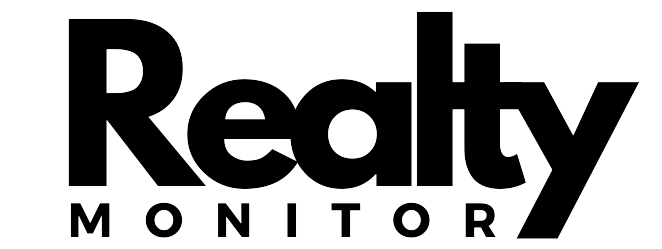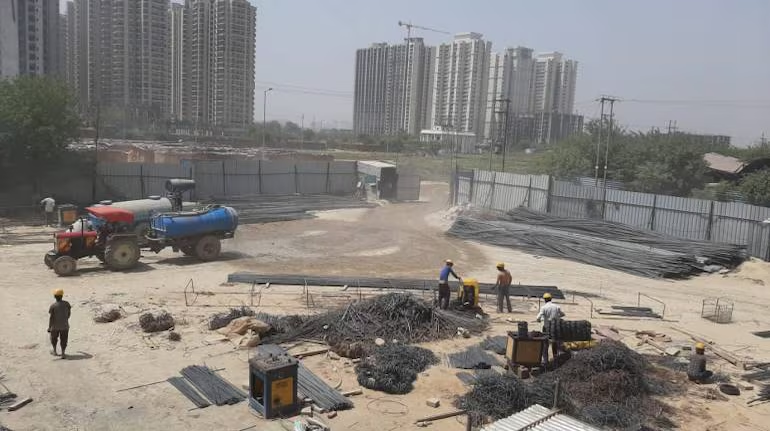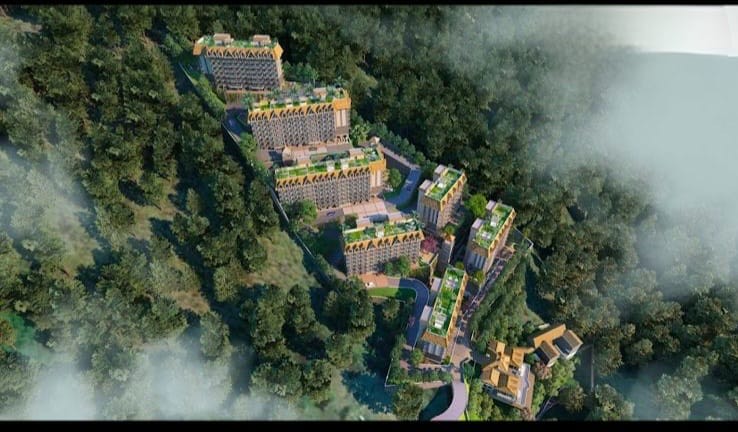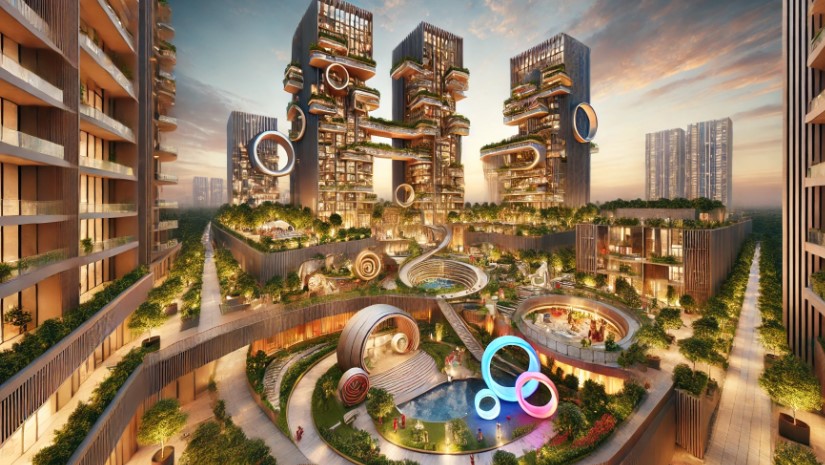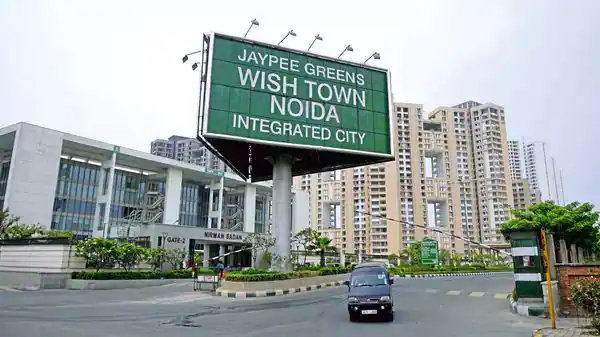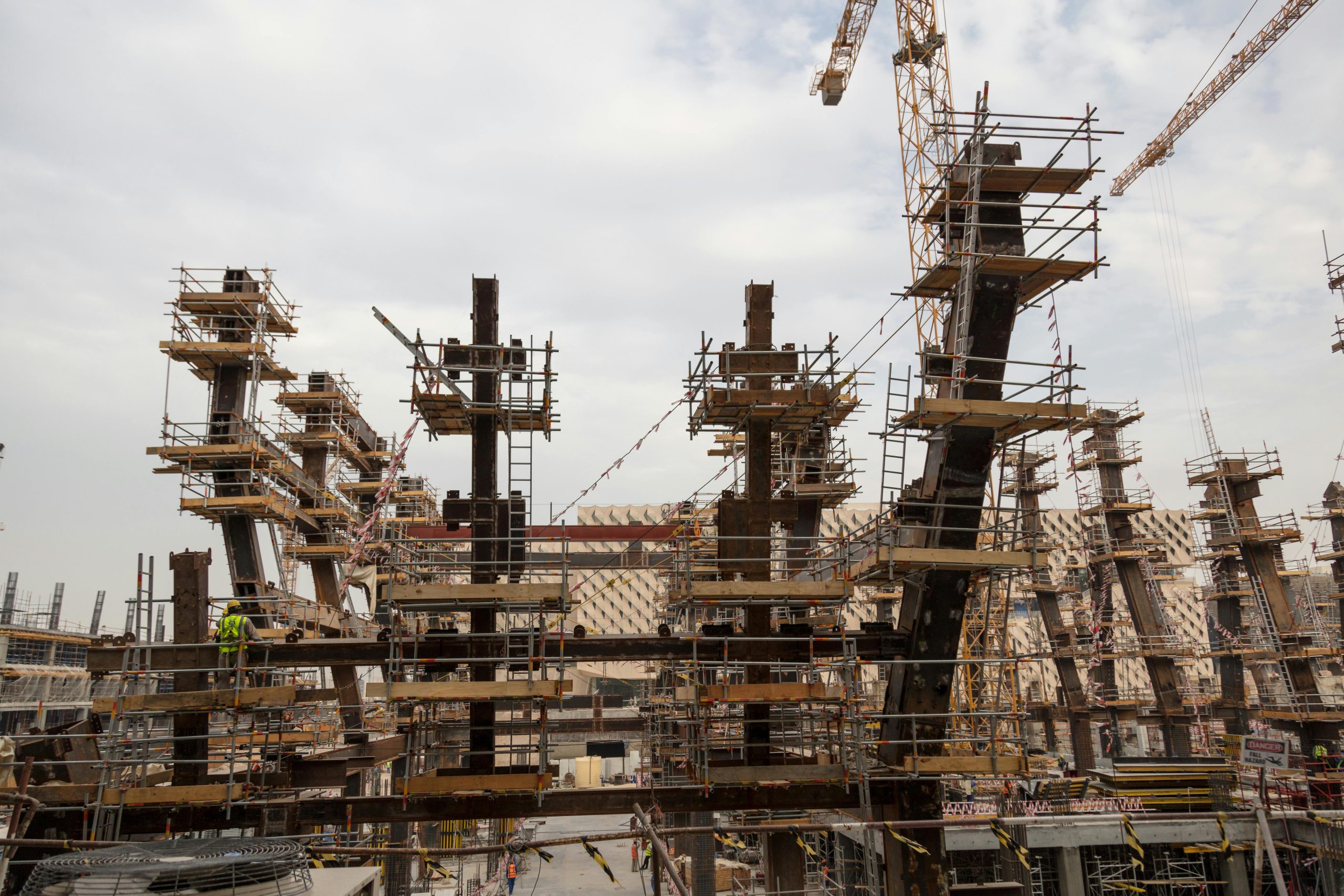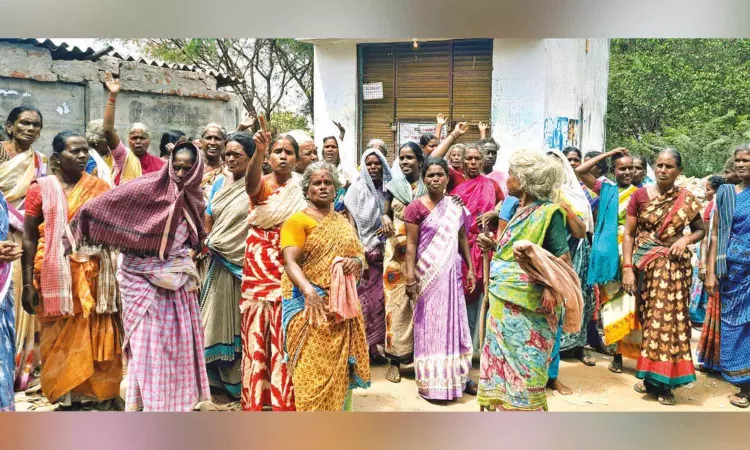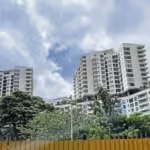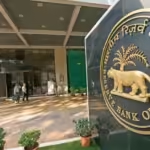The implementation of GRAP IV measures banning all construction activities in the capital region, including highways, roads, and pipelines, has sparked mixed reactions within the real estate sector. While acknowledging the necessity of addressing the alarming air pollution levels, industry leaders emphasize the challenges this decision poses for ongoing and future projects.
Manoj Gaur, President, CREDAI, NCR Says, “Pollution control is essential, and CREDAI extends its support to the NGT mandate. However, it should also be understood that real estate projects already adhere to stringent pollution control standards as required by RERA. The real estate sector, being one of the nation’s largest employers of unskilled labour, also suffers financially, and therefore, such activities that do not increase dust levels, NGT can consider them to keep outside the ambit of GRAP. It should also be understood that each halt impacts project timelines, budgets, and developer obligations to financial institutions. One of RERA’s stringent conditions includes timely delivery of projects, and in case of any delay, a developer has to pay a late delivery penalty, which raises the cost of the project. With a large number of units currently under construction and customers eagerly waiting for their homes, exempting RERA-approved projects, especially those nearing their completion, from GRAP could balance public health needs with economic stability by sustaining essential development work.”
Pradeep Aggarwal, Founder & Chairman, Signature Global (India) Ltd. “The GRAP restrictions due to severe pollution in NCR are challenging yet crucial steps toward fostering an improved environment. For the real estate sector, this pause is an opportunity to reassess practices, innovate sustainably, and incorporate such phases into contingency plans. While there may be temporary delays, developers are well-prepared, and the long-term alignment with environmental goals will benefit both the sector and society.”
“As responsible real estate developers, we support the government’s sanction on the GRAP initiative. It is crucial to address high levels of pollution in the National Capital Region, and we believe that the real estate and construction sector should also contribute to the cause by temporarily halting work that contributes to environmental impact. Concrete steps should be taken to reduce the high levels of pollution, and developers for the time being should restrict themselves to non-polluting activities on-site only, such as carpentry and plumbing fittings, wooden flooring, aluminium and glass fittings, internal wiring, sanitary fittings and other non-polluting interior work and external work like horticulture, etc to make sure that while on one hand work and delivery timelines promised to homebuyers are not hindered and at the same time there is no adverse impact on environment. Developers have a responsibility to implement eco-sustainable practices during this difficult phase and restrict to non-polluting activities on site only.” says, Amit Modi, Director, County Group.
Nayan Raheja from Raheja Developers said, “Pollution control is vital, and we fully support the health-first approach of the authority. At the same time, we must also assess the overall contribution of the real estate sector in increasing pollution levels. We definitely are of the view that any activity that releases massive amounts of dust in the atmosphere should be forthrightly banned. However, certain works like plumbing and other internal works could be permitted with proactive safeguards measures in place.”
Sanjeev Arora, Director 360 Realtors said, “Despite its difficulties, the GRAP IV construction moratorium demonstrates the government’s commitment to resolving air quality issues. As accountable stakeholders, we back policies that put the environment and public health first. In line with more general environmental objectives, this halt offers a chance to implement greener procedures and technology, guaranteeing the real estate industry’s sustainable growth.”
Kushagr Ansal, Director Ansal Housing said, “”We support the government’s GRAP initiative, recognizing the importance of addressing environmental responsibility. We firmly believe that the real estate sector must take a proactive role in minimizing its environmental impact. While we align with the government’s objective of implementing effective pollution control measures, we also advocate for a nuanced approach that balances environmental concerns with the practical realities of the construction industry. A ban on construction activities could lead to significant unintended consequences, including financial hardship for workers, delays in project timelines, and the imposition of penalties on developers under RERA regulations. These disruptions could hinder progress on projects that are already in full compliance with rigorous environmental standards. We recommend that RERA-approved projects be granted exemptions from broad construction restrictions, as these projects are already subject to stringent pollution-control measures”
Sanjay Sharma, Director SKA Group said, “There is no doubt that the GRAP-IV protocols are necessary to combat rising pollution and health concerns, but they also present a yearly challenge for the real estate sector. While it directly impacts project timelines and raises the costs of construction, it also affects the livelihoods of lakhs of unskilled workers both in the construction sector and other allied activities. It has been estimated that even a meagre one-month halt delays the project by up to three months. As a responsible developer, even though we have factored in these disruptions, we would like to request the NGT to permit non-polluting activities like carpentry and fittings during bans to ensure minimal delays in delivery.”
Saurab Saharan, Group Managing Director, HCBS Developments, said, The implementation of GRAP-IV has become an annual feature that affects not only the real estate sector but also the economy. A halt in construction pushes back delivery schedules, increases labour costs, strains our financial commitments and, most importantly, since we are not even sure of the duration and the frequency, lends an air of uncertainty. It affects our schedule, costs and planning. It has been estimated that a one-month stoppage of construction pushes the timeline by three months. Even though we have factored in GRAP, due to the uncertainty regarding the days it would be implemented, it is difficult to make exact provisions.
Dr Amish Bhutani, Managing Director of Group 108 said, “As a conscientious real estate company, we fully support measures to combat pollution. However, the authorities should also consider that construction ban delays project timelines, increase financial strain, and delay project deliveries. Since all the RERA-registered projects are already implementing anti-pollution measures, like anti-smog guns and dust suppression among others, NGT should take a lenient view, and should permit non-polluting activities. A collaborative strategy is crucial to curb pollution while keeping development and livelihoods intact.”
Sagar Gupta, Sales Director at Trisol RED, states, ‘We fully support the government’s GRAP-4 initiative as a significant step towards reducing pollution. The real estate industry should take a leading role in minimizing its environmental impact. However, we believe that strict restrictions on construction activities could negatively affect projects. Therefore, it is essential to strike a balance in implementing GRAP-4—one that safeguards the environment without undermining the needs of the construction industry.'”
Rajjath Goel, Managing Director, MRG Group said, “Each winter, GRAP-IV protocols bring construction to a standstill in NCR. While we fully support these efforts for their impact on health, at the same time, it also affects the construction efforts, which are gradually warming up after a long holiday period. According to certain estimates, a month’s halt on construction pushes the delivery timeline by two to three months, straining the finances of both real estate companies and workers. Even though we have planned for this eventuality, as we are not sure about the days GRAP-IV will be imposed, an air of uncertainty is ever present.”
Ajendra Singh, Vice President, Sales and Marketing, Spectrum@Metro, said ,”As pollution levels in the Delhi NCR rise and GRAP-IV standards are implemented, we completely support policies that emphasize public health and environmental well-being. However, the temporary halt of construction activity has a direct influence on project timelines and prices. As developers, we are committed to addressing these concerns by embracing sustainable methods, leveraging technology, and minimizing disruption to our delivery schedules. Our focus remains on balancing regulatory compliance with achieving our clients’ expectations.”
